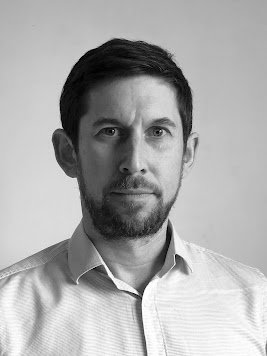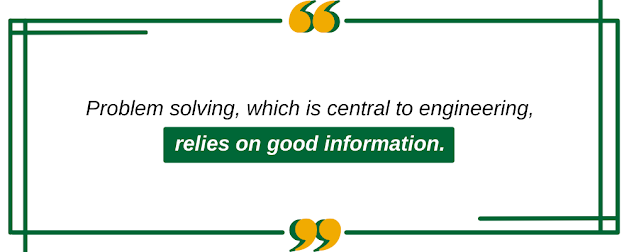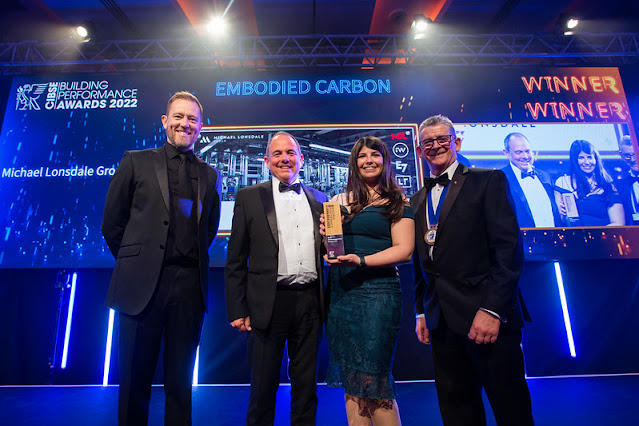Ross French, the Energy Efficiency related Building Regulations: Part L trainer
Meet the new CIBSE Trainer, Ross French who will be teaching the updated Energy Efficiency Related Building Regulations: Part L course. His area of expertise is Energy Efficiency.
Tell us a little about yourself
Ross French: I was interested in buildings from a young age, probably from having spent too much time playing with Lego! At university, I studied architecture and took a master's degree in passive design. There were few related opportunities when I graduated in 1996. More through luck than judgment, my first job was in buildings services engineering, designing mechanical, electrical and plumbing (MEP) systems.
With a background in both architecture and building services, I was well-placed to help project teams respond to the increasing emphasis on 'sustainability' during the 2000s, for example successive revisions to Part L of the Building Regulations and the introduction of the 'Merton Rule'.
After working for several consulting engineers and a contractor, I co-founded a design practice in 2009. I continue to work on a wide range of projects, from campus decarbonisation strategies, to energy, overheating risk, and daylight and sunlight assessments for large masterplans, to MEP design in new and refurbished buildings.
While it has been rewarding to see environmental issues develop from a rather niche specialism to an integral part of every project, there is still much work to be done in working towards a sustainable built environment.
What made you become a CIBSE trainer?
RF: Since I am interested in the "bigger picture" as well as the detailed application, I like to do more than just project work; I am also a member of the CIBSE Technical Symposium Scientific Committee and the Design Review Panel respectively. I have previously done some teaching and CPD delivery and enjoyed making topics accessible to other people.
As a new trainer, what are you most looking forward to?
RF: I would like to help others with their professional development, particularly given the importance of the subject. And I am looking forward to exchanging views on the topic area and being challenged by delegates' questions.
Do you have a favourite part about your topic area?
RF: The sense of some kind of progress in addressing climate change. For example, in preparing the course material, I was reminded that the first regulation of U-values, in 1976, required an external wall to achieve 1.0 W/(m2·K), whereas soon 0.26 W/(m2·K) will be the worst acceptable in a new building. The rate of change does not reflect the science, but it is nonetheless rewarding to think that we are making a difference in a positive way.
Why do you think that it’s important that building services professionals keep up with their professional development?
RF: Problem solving, which is central to engineering, relies on good information. There is a relentless evolution of knowledge, experience, products and so on, particularly in our field, arguably more so than in other disciplines. For example, in the context of energy and carbon, the use of heat pumps, LED lamps and PV systems has emerged from the fringes into the mainstream in a quite a short period of time. Unfortunately, it's not uncommon to meet 'experienced' professionals who appear to be a little out-of-date on some aspects of building services!
If you could invest in research in your topic area, what would it be and why?
RF: There are two areas that I think are particularly interesting and critical to the rapid decarbonisation needed. Firstly, improving the understanding and application of passive design techniques, to create efficient, resilient, and comfortable buildings. And secondly, significantly raising construction quality, to help close the performance gap. In both cases, technology has a significant role to play but is not sufficient without also developing skills throughout the construction industry and incentivising the required outcomes.
If you could go back to your younger self when you started working in building services, what advice would you give yourself or would you try to change some of the decisions and actions done then?
RF: I would have liked to have lived and worked abroad, to see first-hand how building design is shaped by the local context, e.g. legislative, cultural, climatic. I have worked on international projects, but I think that is quite different, more like being a tourist. Otherwise, I have no major regrets. Of course, not all decisions and actions result in the intended outcomes but that's just part of the learning process!
What would you tell someone who is just about to start or consider working in building services?
RF: Be curious. Ask questions. Think critically. Find out how and why things work. And don't fly to meetings to discuss reducing CO2 emissions!








Comments
Post a Comment